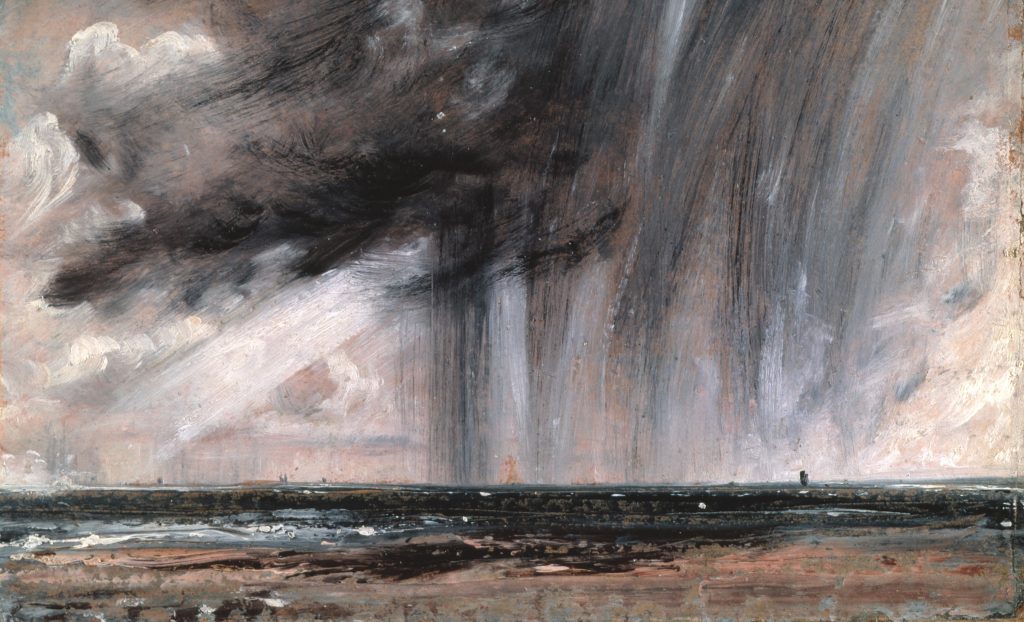Liberalism is a political philosophy based on the principles of peace. However, this fact has been very often generously interpreted by detaching liberalism from events beyond the borders of liberal states, no matter how anti-liberal, and thus threatening to freedom they might be.
Therefore, we end up with a paradoxial situation in which many proponents of liberalism use freedom as an argument to prevent the rise and expansion of totalitarian or anti-liberal regimes. Many reach this conclusion by using the argument that such a policy would mean an additional use of the state budget and therefore, as a consequence, an increase in the tax burden.
Certainly, this criticism would be legitimate if it were a service or policy of the state that went directly against the principles of liberalism. Such policies might be, for example, the state owning and controlling entire industries or a socialized health service, or the pension system.
On the other hand, there are state-reliant policies that are legitimate from the point of view of liberalism and even help it to develop, such as an independent judiciary, its enforcement and the protection of individual rights and freedoms. The latter policy is a typical example of the suppression or prevention of illiberal behavior. Why, then, should such action be legitimate in the name of liberalism only internally, but not externally? Is there anything that makes liberal foreign policy different from good old domestic liberal policy that all liberals recognize?
The answer lies in philosophy: there is no inherent distinction. If society recognizes the right to liberty and is willing to allocate resources through the state to uphold it, then limiting this protection to one’s immediate vicinity is arbitrary. Should citizens of totalitarian states or those threatened by such regimes be denied freedom?
People are equal in these rights, no matter whether they were born on the one side of the border or the other. So if the liberal community agrees that it is legitimate to expend resources to protect these rights, there is no reason to stop only at the point where our eyes can see.
Otherwise, turning a blind eye to the suppression of freedom around the world sets a dangerous precedent that fosters the growth of isolationist illiberalism. In effect, it indirectly bolsters illiberal regimes globally and legitimizes them. Unfortunately, this disregard for tyranny only emboldens these regimes, pushing them toward even more egregious acts of freedom suppression, as is evident in the case of Russia’s war in Ukraine.
Most advocates of nationalism do not realize that the threat of totalitarianism does not always come from within the state, but also from the outside. Therefore, as well as defending our rights and freedoms against internal threats, it is necessary to use our resources to protect them outside our borders, a practice already undertaken by several European nations.
The ongoing conflict in Ukraine shows the need for a liberal foreign policy. The acts of violence and aggression carried out by the Russian Federation’s military contradict the principles of freedom, and a prope liberal cannot turn a blind eye to such behavior.
What is more, Ukraine is also fighting for the freedom of other states. It would be incredibly naive to assume that if their aggressive campaign succeeds, Russia would halt its expansion at Ukraine’s borders. Authoritarianism would gradually begin to threaten the very domestic freedom that isolationist liberals cherish so much.
Thereofre, it is worth spending money and taking the time now to help Ukraine. We are at a crucial point in the war – we must not give up on Ukraine now.
Written by Filip Blaha, analyst et Centre for Economic and Market Analysis
Continue exploring:
How German Policies Were Transformed by Russian Invasion of Ukraine [PODCAST]



